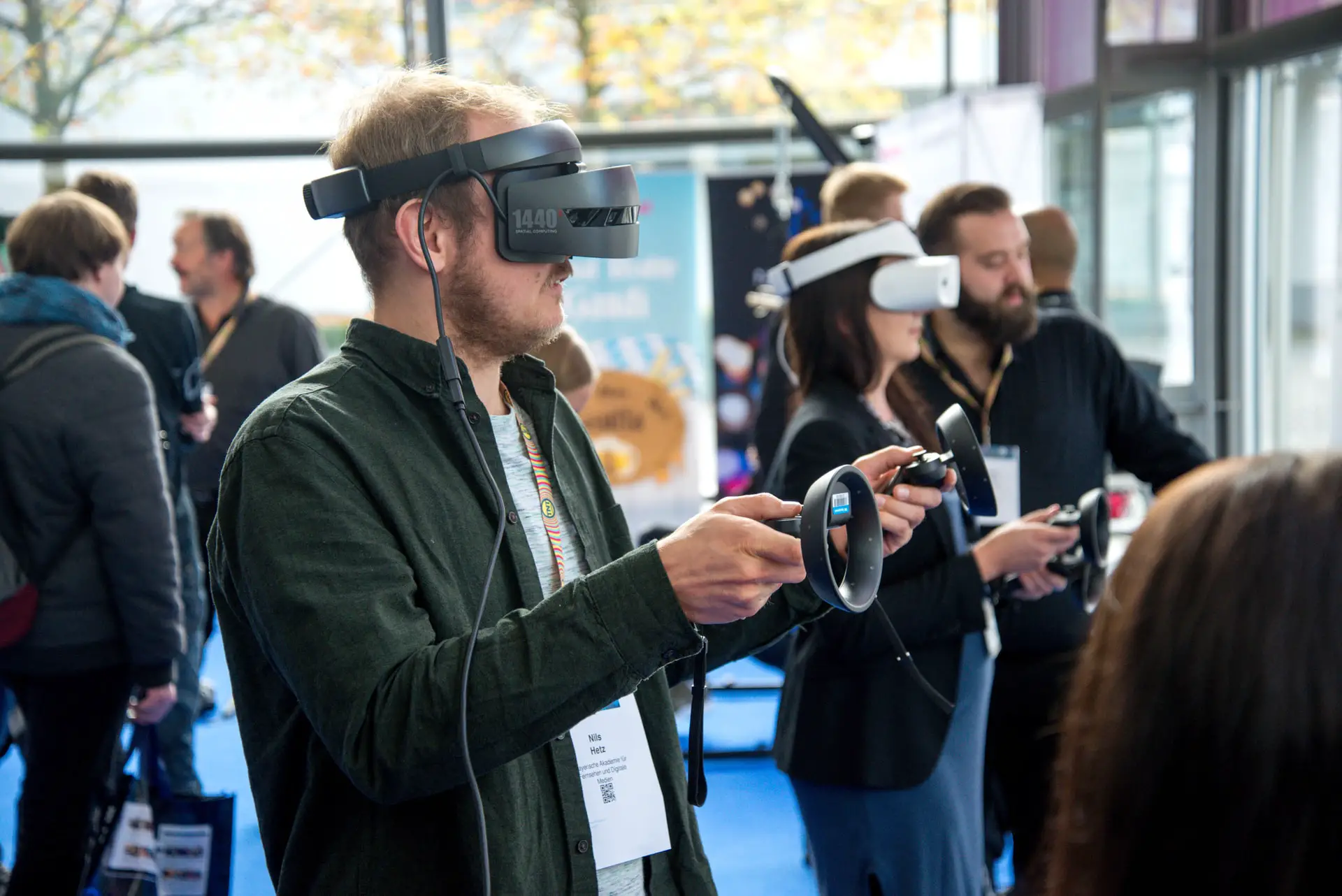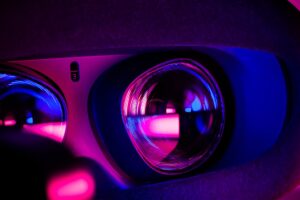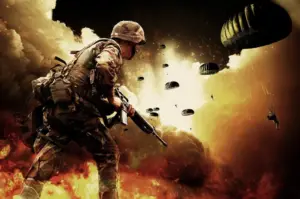Savannah River Site’s Tritium Facilities are all set to revolutionize its training methods through the introduction of virtual reality. The employees that fortify the nation’s nuclear deterrence will now be trained through VR programs spanning operations, maintenance, and radiation control (RadCon).
SRS is the sole supplier of reservoirs, titanium-loaded containers that are fitted in weapons, to the Department of Defense. The site makes up for an essential support center and training is an important pillar to keep a constant eye out for the purpose it serves. Conventional classroom instruction and on-the-job-training pose certain barriers to effective guidance which can now be overcome through virtual reality.
Adam Reese, the man behind the innovation and the Knowledge Preservation Management and VR Programs Manager, said,
“Employees can train in situations that would be too hazardous, complex, expensive, or occur too infrequently to conventionally train.”
The new mechanism ensures that the employees go through a different training methodology each time to develop relentless attention to detail. The program works by taking the participants through an internal process virtually while imitating the reality at the same time to give rise to arbitrary problems that they must solve.
The program makes the employees rebuild a $70,000 equipment piece virtually. They perform the exercise repeatedly while being observed, with the aim of incurring no additional cost or causing any sort of damage to the real equipment.
Most importantly, RadCon ensures optimum standards of safety as the technicians can take smears and surveys of contaminated surfaces to practice detecting contamination while staying in a non-radioactive environment.
The program was built in collaboration with the Savannah River National Laboratory. They coded the programs and built the computer-aided design files to recreate the virtual environments.
Mark Davis, Savannah River Nuclear Solutions Senior Vice President for National Nuclear Security Administration Operations and Programs, said “These programs are just the beginning of the possibilities with VR training.”
“They ensure we continue to execute our missions safely and proficiently, keeping us the backbone of deterrence in support of peace,” he added.
Follow us on LinkedIn
Read other Articles





